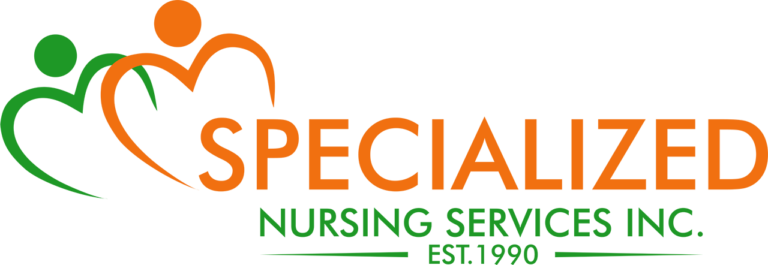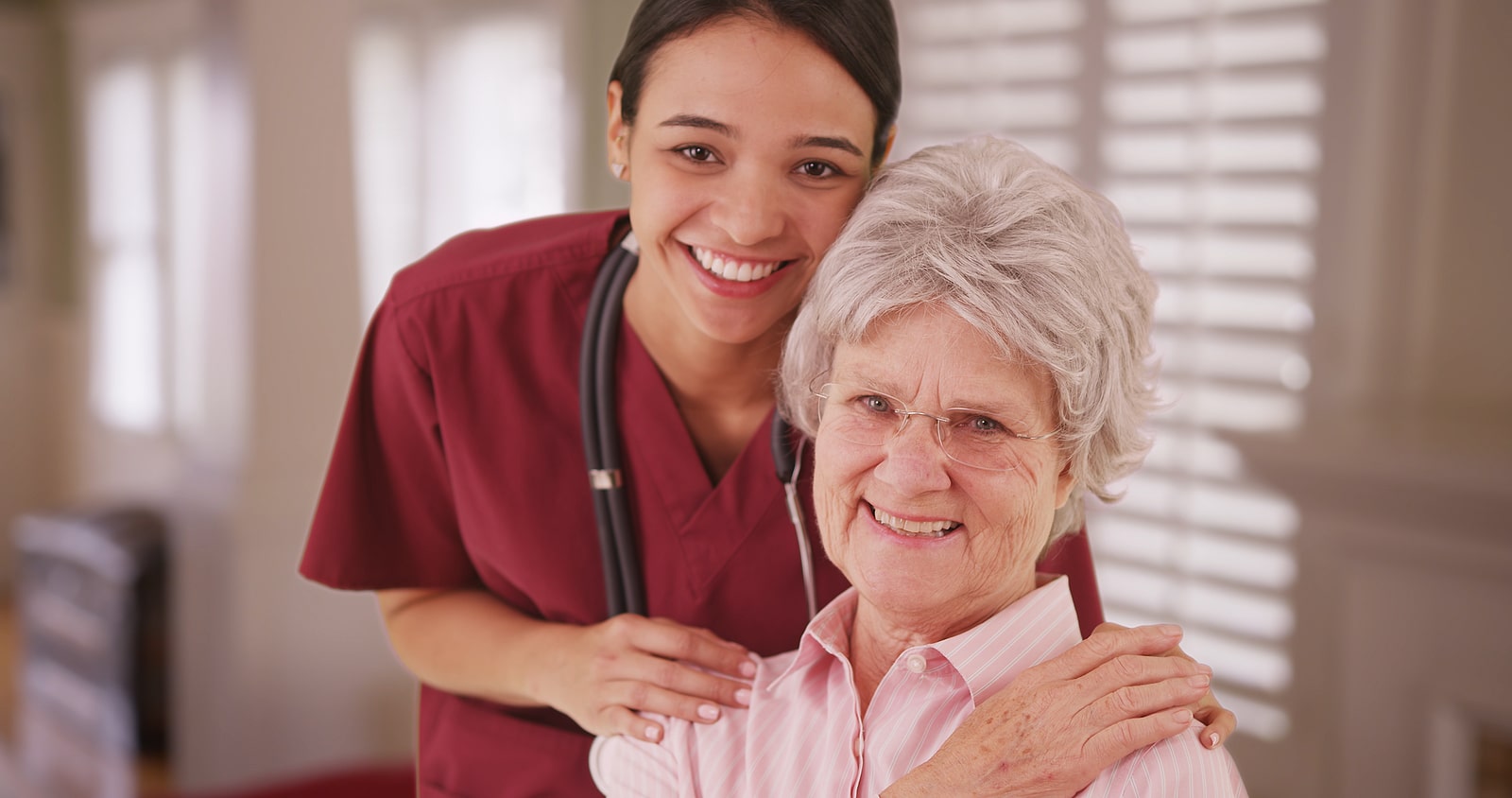If your aging loved one is scheduled to have a hysterectomy, she will usually return home shortly after the surgery. This depends on her overall health. While a full recovery is often expected after 3-4 weeks, that time of healing right after the surgery is an important time to determine how quickly and thoroughly she’ll recover.
As her caregiver, you’ll want to be prepared to help her with many tasks and day-to-day activities for at least several weeks. You may look at asking family and friends to help during this recovery period or consider hiring a post-hospital care provider to visit her home as she recovers. A post-hospital care provider can be a wonderful asset to ensure she’s properly taken care of and gets the help she needs.
Here are some areas your loved one will need help with. If possible, talk to family members and your post-hospital care provider before she gets home to determine who will help with what will ensure you’re not scrambling at the last minute. It will also help your loved one feel less of a burden when everyone is ready to step in without feeling rushed or overwhelmed.
Chores Around the Home
Your loved one should plan on getting plenty of rest during those first weeks after her hysterectomy. That means household chores, yard work, and even some pet care should be handed over to someone else to take care of so she can relax. You might divvy these chores up among your friends and family to help reduce the burden on any one person or have your post-hospital care provider help with some of the caretaking chores.
Meal Preparation
Recovering from any type of surgery is exhausting and overwhelming. Even if your loved one can get around, she may not feel like preparing a healthy meal. To help ensure she eats well as she recovers (because eating well will help her recover more quickly), you might ask friends and family to sign up to bring a meal or two each day. If the doctor has recommended a specific diet as she recovers, a post-hospital care provider can help make sure she’s eating what she should and avoiding what she shouldn’t eat.
Transportation
Even if your loved one is an active driver, her doctor may recommend she doesn’t drive at all until her pain abates and she is no longer taking any prescription pain medication. While she most likely will just need to stay home and not go anywhere, you never know when an emergency might happen and she’ll need a ride somewhere. Even as she recovers and is no longer taking pain medication, it might be a good idea to have her take a break from driving until she’s fully recovered.
Exercise
Slow and steady exercise is a great way to recover but it can seem overwhelming at first. Having a post-hospital care provider join her on short walks around the neighborhood can give her the courage to get out and get moving.
Support from friends and family will help your loved one recover quickly and be ready for life’s next chapter.


